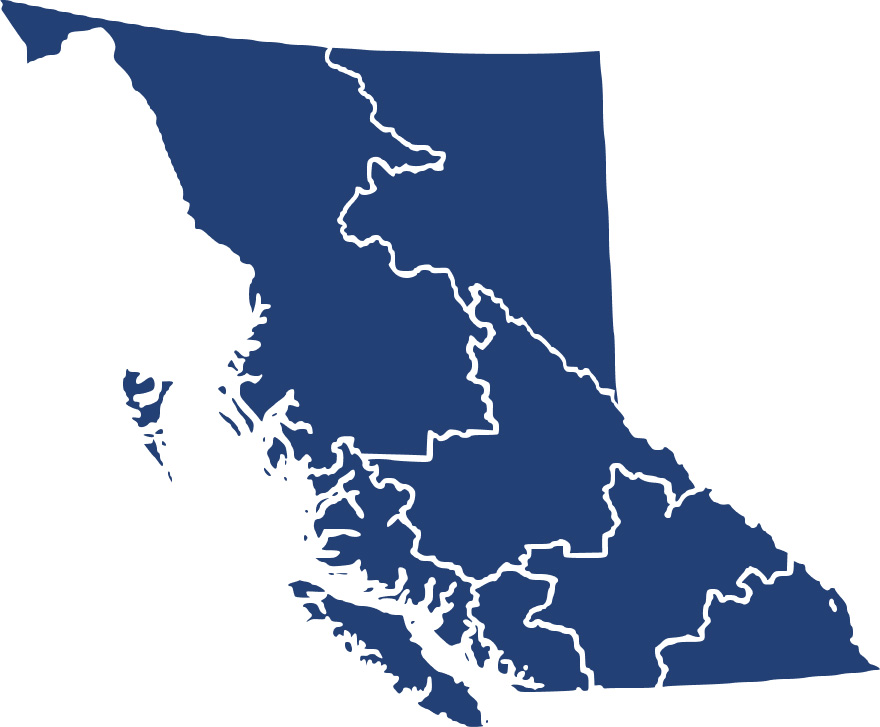Career Overview
Metallurgical and materials engineers:
- Carry out studies of the properties and characteristics of metals and other non-metallic materials
- Plan, design and develop machinery and processes to concentrate, extract, refine and process metals, alloys and other materials such as ceramics, semiconductors and composite materials
- Work for consulting engineering firms; mining, metal processing and manufacturing companies; and in government, research and educational institutions
Duties
Metallurgical and materials engineers perform some or all of the following duties:
- Carry out studies and design, develop and specify the processes and machinery to concentrate, extract, refine and process metals from ores
- Carry out studies on the properties and characteristics of materials, and design, develop and specify processes for moulding, shaping, forming and thermal treatment of metals, alloys and metallic systems, ceramics, semiconducting and other materials
- Carry out chemical and physical studies, failure analyses and other studies, and recommend material selection, design of materials, corrosion control measures, operational testing and other procedures
- Co-ordinate production testing and control of metal refining, smelting or foundry operations or non-metallic materials production operations
- Supervise technologists, technicians and other engineers and scientists
Earnings
Earnings is income that workers receive in exchange for their labour. Depending on the type of employment, earnings can be in the form of wages (hourly), salaries (fixed monthly or annual) or self-employed earnings.
Work Environment
# Workers Employed
290% Employed Full Time
72%Work in this occupation is typically performed in a structured environment, such as an office or school.
Career Pathways
Metallurgical engineers research and develop new alloys and systems for extracting metal from ores, while materials engineers research and develop new non-metallic materials with physical characteristics to meet specific requirements.
There is considerable mobility between engineering specializations at the less senior levels, and engineers often work in a multidisciplinary environment and acquire knowledge and skills through work experience that may allow them to practise in associated areas of science, engineering, sales, marketing or management.
Metallurgical and materials engineers also work closely with other engineers and scientists and mobility is possible between some fields of specialization.
Related Careers
Occupational Interests
It’s important to understand what kinds of occupations align with your interests.
For more about occupational interests visit Skills for the Future Workforce > Characteristics.
Here are the top occupational interest(s) for this career profile:
Job Titles
Education, Training and Skills
- A bachelor's degree in metallurgical, materials, ceramic or chemical engineering or in a related engineering discipline is required
- A master's degree or doctorate in a related engineering discipline may be required
- Licensing by a provincial or territorial association of professional engineers is required to approve engineering drawings and reports and to practise as a Professional Engineer (P.Eng.)
- Engineers are eligible for registration following graduation from an accredited educational program, and after three or four years of supervised work experience in engineering and passing a professional practice examination
Education programs in B.C.
The following program areas are related to this occupation:
- Engineering Science
- Chemical Engineering

Skills
Every job calls for a certain set of skills. Knowing those skills is the first step in finding a good career fit.
Here, you will find the 10 most relevant workplace skills. Some are more important to achieving success in a certain career than others. These skills may come naturally to you or you may need to gain them through education, training and experience.
See the list of work-related skills below, ranked in order of importance for this career. Check out the list and see if this career matches your skills—take that first step!
Understanding written sentences and paragraphs in work-related documents.
Using scientific rules and methods to solve problems.
Giving full attention to what other people are saying, taking time to understand the points being made, asking questions as appropriate, and not interrupting at inappropriate times.
Being able to solve novel, ill-defined problems in complex, real-world settings.
Using logic and reasoning to identify the strengths and weaknesses of alternative solutions, conclusions or approaches to problems.
Communicating effectively in writing as appropriate for the needs of the audience.
Talking to others to share information effectively.
Using mathematics to solve problems.
Understanding how new information could be used to solve current and future problems in making decisions.
Considering the relative costs and benefits of potential actions to choose the most appropriate one.
Labour Market Statistics
Discover data, facts and information that have been gathered and analyzed. Learn about the characteristics of the economy and labour market in B.C.
Employment
Find out about employment types and trends by region and industry.
Employment
290Employment by Region















| Region | Employment | % Employment of this Occupation |
|---|---|---|
| Cariboo | 0 | 0.0% |
| Kootenay | 15 | 5.2% |
| Mainland/Southwest | 225 | 77.6% |
| North Coast and Nechako | 0 | 0.0% |
| Northeast | 0 | 0.0% |
| Thompson-Okanagan | 20 | 6.9% |
| Vancouver Island/Coast | 20 | 6.9% |
Labour Market Outlook
The B.C. Labour Market Outlook is a 10-year forecast of the expected supply and demand for labour in the province. It’s usually updated every year. The purpose is to provide British Columbians with the knowledge to make informed decisions on careers, skills training, education and hiring.
Forecasted Job Openings (2023-2033)
100Forecasted Job Openings
Forecasted Employment Growth Rate
Composition of Job Openings
Job Openings by Region (2023-2033)















| Region | Job Openings | Avg. Annual Employment Growth |
|---|---|---|
| Cariboo | Not available | Not available |
| Kootenay | 10 | 1.1% |
| Mainland/Southwest | 80 | 1.3% |
| North Coast and Nechako | Not available | Not available |
| Northeast | Not available | Not available |
| Thompson-Okanagan | Not available | Not available |
| Vancouver Island/Coast | 10 | 3.3% |
Industry Highlights
Learn about the opportunities in B.C.'s major industries, including employment trends, earning potential, locations of work and more.
Forecasted Job Openings by Industry
| Industry | Job Openings (2023-2033) |
|---|---|
| Professional, Scientific And Technical Services | 70 |
| Manufacturing | 20 |
| Mining And Oil And Gas Extraction | 10 |
| Educational Services | 0 |
Resources
Resource information is currently not available.








